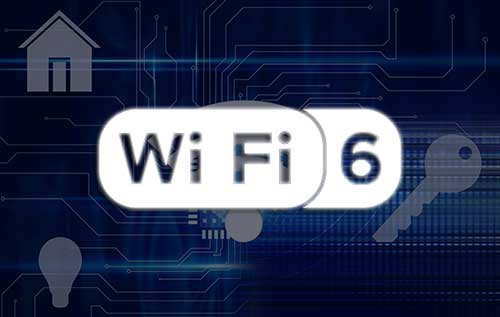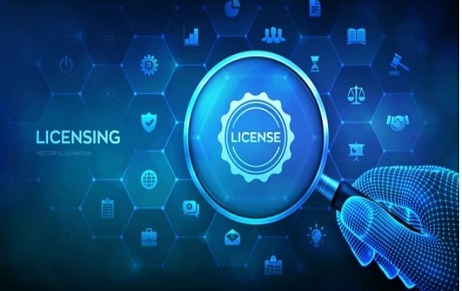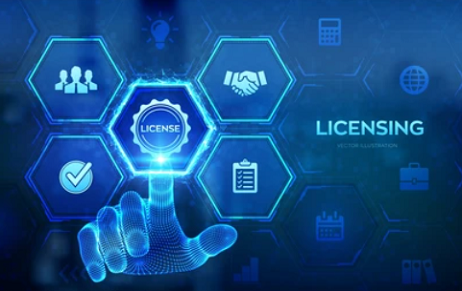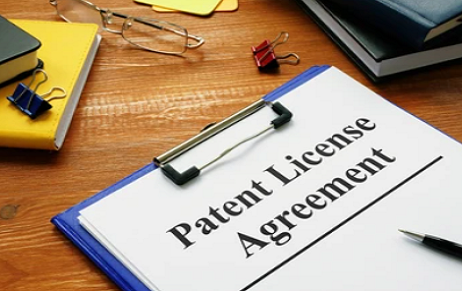Introduction India’s Journey in scientific and technological endeavors has been remarkable and stands as a…
Acacia Research Announces Patent Licensing Agreement on Wi-Fi 6 Technology with Samsung
Recently, Acacia Research Corporation (“Acadia”), announced that its subsidiary, Atlas Global Technologies LLC, has granted a license to Samsung Electronics Co., Ltd., and Samsung Electronics America, Inc. (“Samsung”) related to Atlas Global’s Wi-Fi 6 standard essential patents and resolved patent litigation between the two parties. Under this settlement, Samsung Electronics has executed a license agreement with Atlas which provides Samsung with the right to obtain a license to the patent-in-suit and be released from the present litigation. Financial terms are confidential and have not to be disclosed.

Acacia was founded in 1993 by Bruce Stewart who had strong ties to the California Institute of Technology. He was a serial inventor and entrepreneur who valued innovation. Mr. Stewart’s vision for Acacia combined investment capital, ideas, and bright people, allowing their emerging inventions to flourish. Under Paul Ryan and Chip Harris, and after successfully licensing its own technologies, Acacia sought to build an independent patent licensing business, mimicking the in-house efforts of successful patent licensing companies like IBM and Qualcomm.
From that origin, Acacia and its patent partners have signed more than 1200 licensing agreements with many of the world’s largest companies. Consistent with its innovation heritage, Acacia has returned more than $727,000,000 to its patent partners.
Samsung Electronics Co., Ltd. is a South Korean multinational electronics corporation. It is the world’s largest manufacturer of consumer electronics by revenue and the world’s second-largest technology company by revenue.
Plaintiff filed this complaint about the alleged infringement of the following:
- United States Patent No. 9,763,259 (“the ’259 Patent”), application no 14/862,078 filed on Sep 22, 2015, titled ‘Sounding Method’
- United States Patent No. 9,825,738 (“the ’738 Patent”), application no 14/678,724 filed on Apr 3, 2015, titled ‘Acknowledgement Method and Multi-User Transmission Method’
- United States Patent No. 9,848,442 (“the ’442 Patent”), application no 14/937,284 filed on Nov 10, 2015, titled ‘Method for Transmitting and Receiving Frame in Wireless Local Area ’
- United States Patent No. 9,912,513 (“the ’513 Patent”), application no 09/912,513 filed on Jul 26, 2001, titled ‘Dialing Method for Dynamically Simplifying International Call in Cellular Phone’
- United States Patent No. 9,917,679 (“the ’679 Patent”), application no 14/931,753 filed on Nov 3, 2015, titled ‘Method and Apparatus for Transmitting Response Frame Based on Type in a High-Efficiency Wireless LAN’
- United States Patent No. 10,020,919 (“the ’919 Patent”), application no 15/497,094 filed on Apr 25, 2017, titled ‘Protection Methods for Wireless Transmissions’
- United States Patent No.10,153,886 (“the ’886 Patent”) application no 14/862,078 filed on Sep 22, 2015, titled ‘Sounding Method’, and
- United States Patent No. 10,756,851 (“the ’851 Patent”) application no 16/203,501 filed on Nov 28, 2018, titled ‘Multiplexing Acknowledgment Messages in Response to Downlink Frames’
In the complaint, Acacia alleged that “Samsung directly infringes the ’259 Patent under 35 U.S.C. § 271(a) by making, using, selling, and/or offering to sell in the United States, and/or importing into the United States products that directly infringe the ’259 Patent, including the above-identified Accused Products. The Accused Products infringe at least claim 1 of the ’259 Patent by practicing the 802.11ax Standard.” By some media reports, this technology has been used for about 458 mobile products of Samsung.
Acacia further alleged that “In addition to directly infringing the ’259 method claims by using infringing products in the United States, Samsung also indirectly infringes the ’259 claims. Where acts constituting direct infringement of the ’259 Patent are not performed by Samsung, such acts constituting direct infringement of the ’259 Patent are performed by Samsung’s customers or end-users who act at the direction and/or control of Samsung, with Samsung’s knowledge.”
Now, with this standard-essential patent license agreement and settlement agreement, all the pending patent litigations would be settled. Order to stay all deadlines and notice of settlement has been issued by the court.
For further information Kindly contact/write back to IIPRD or [email protected].



